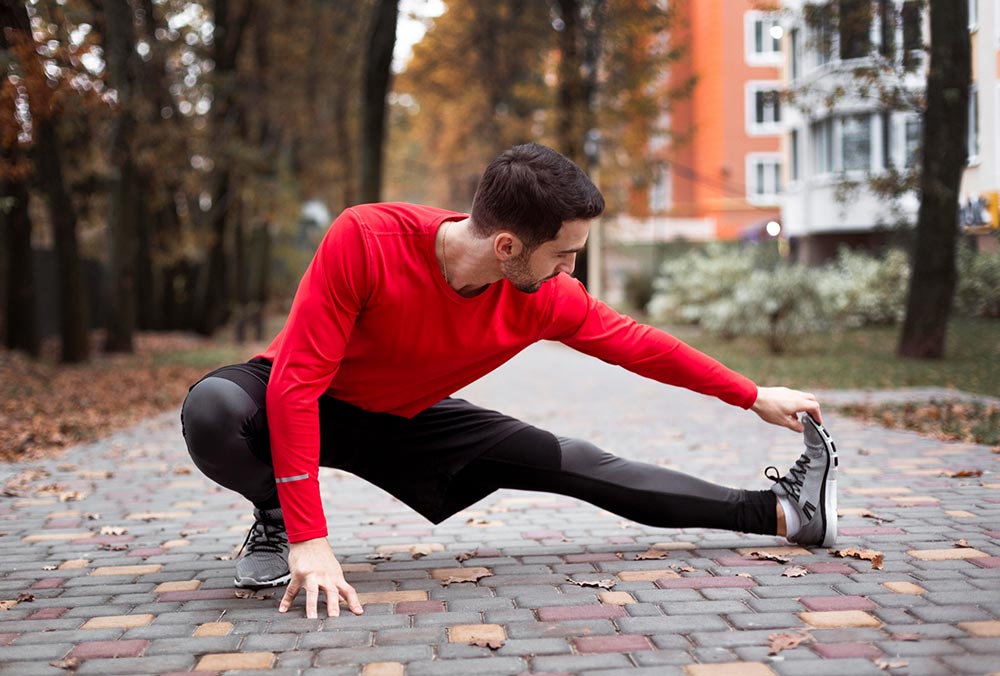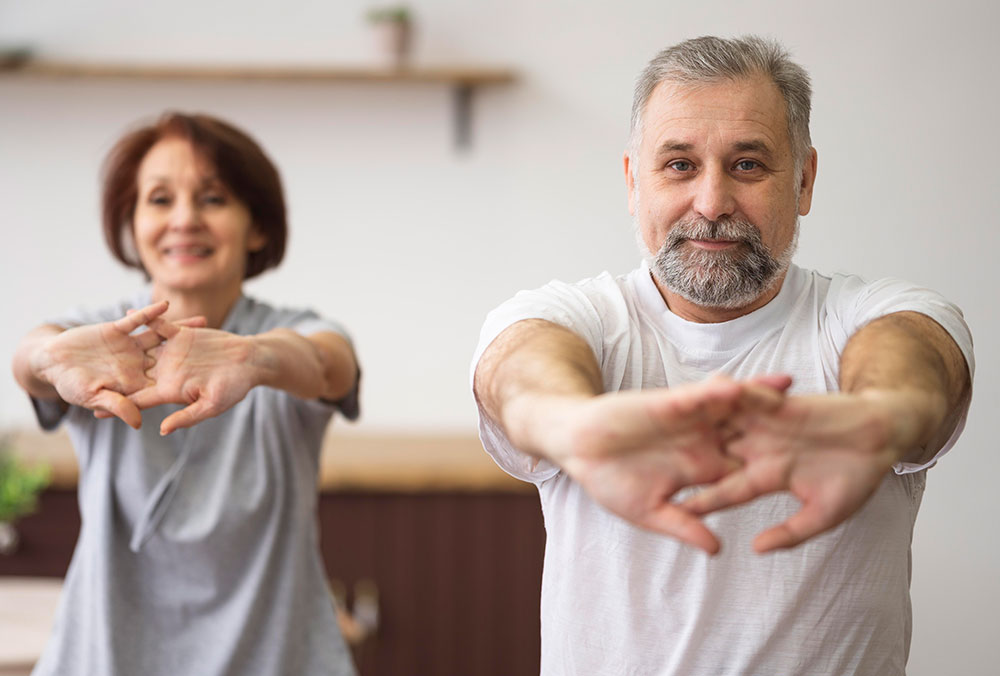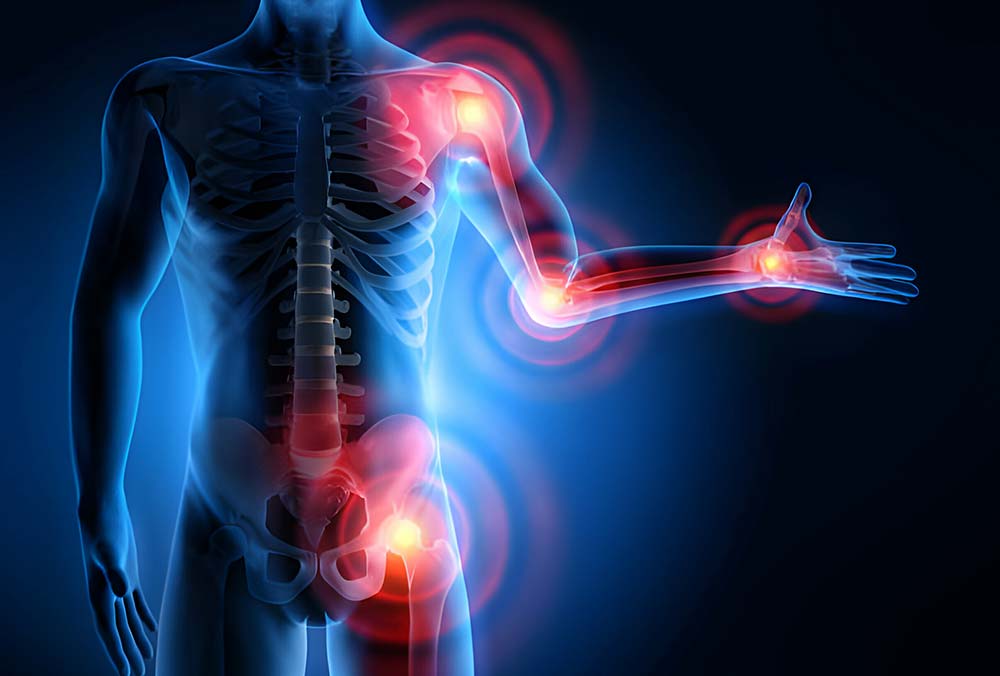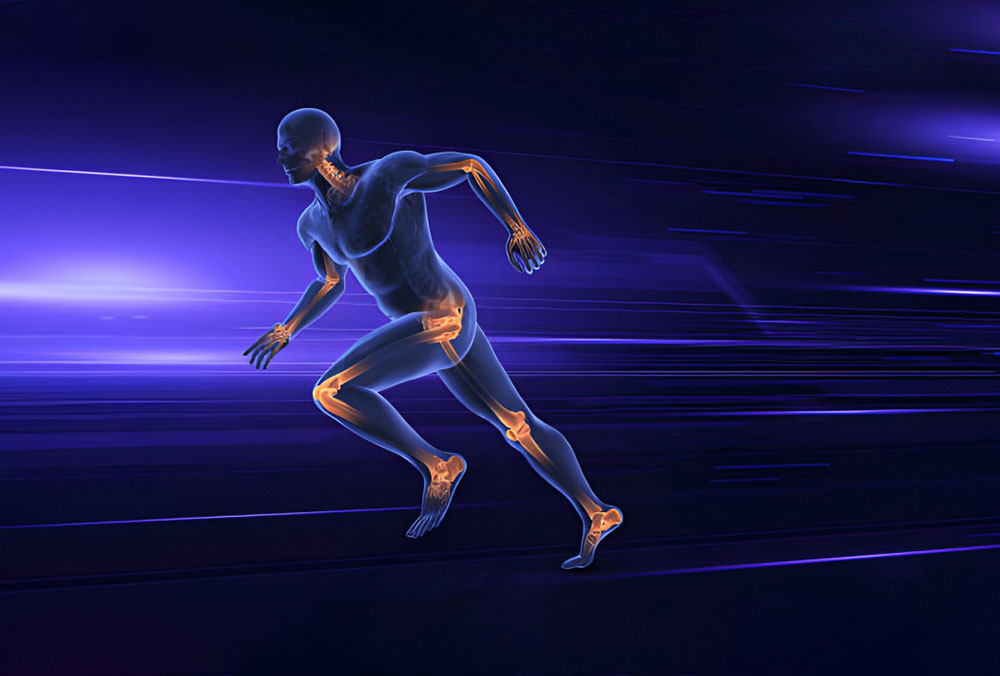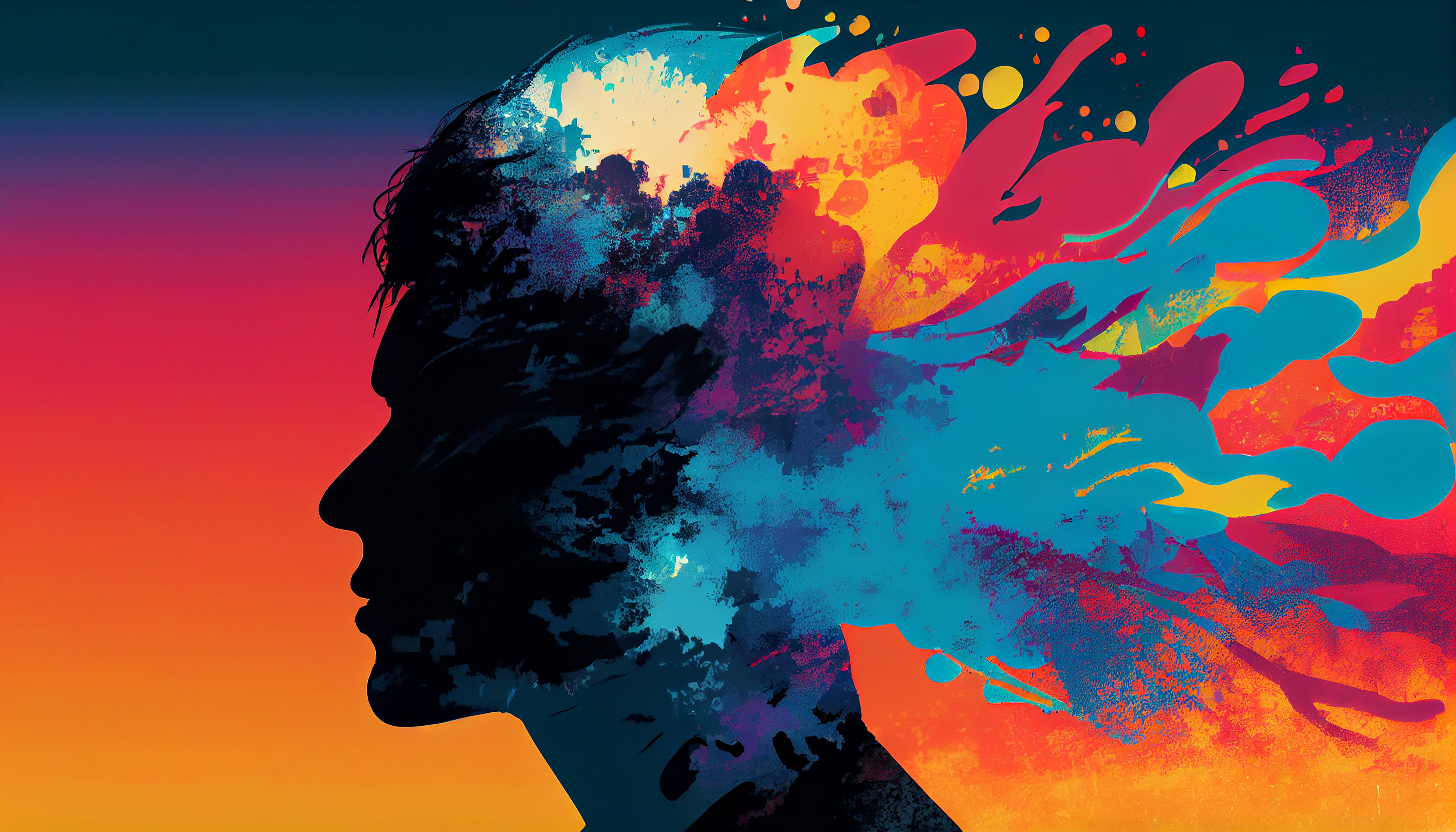
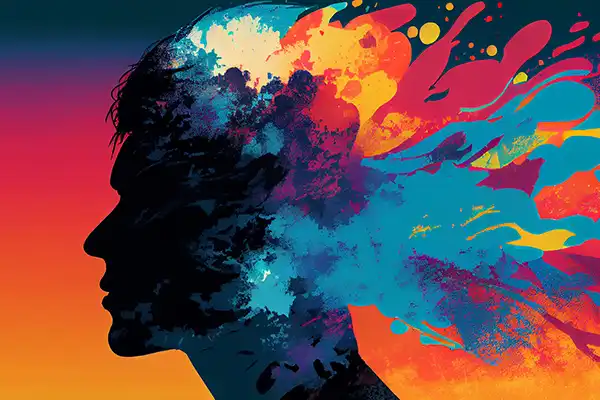
Activities
Our Blogs
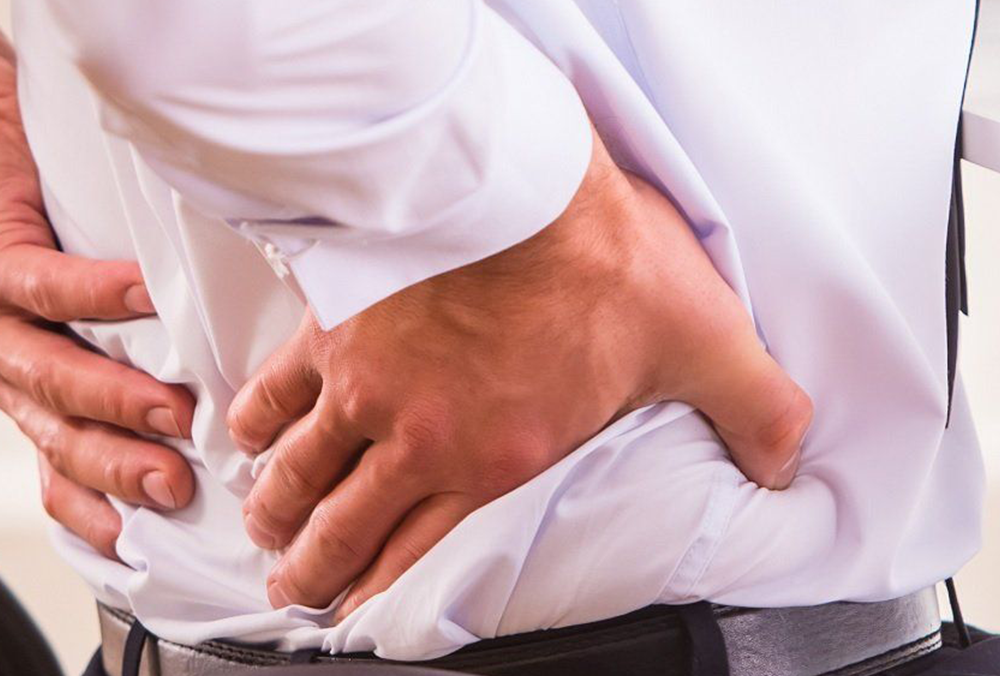
Low Back Pain – physiotherapy
The pain problem
Many of us experience low back pain at some stage in our lives. It might interfere in our day-to-day activities, or indeed caused by our daily routine and lifestyle. Most of it is of the “garden-variety” – pain due to muscle sprain or ligament strain, which we might have collected as part of our daily routine.
Low back pain usually goes away
In general, mild back pain without involvement of the nerves that supply our legs heals quickly with a period of rest and medication. When the pain is difficult to shake off, or gets worse, it is time to get some professional advice. If you are one of the unlucky few, it is advisable to get a comprehensive diagnosis, as a variety of treatments are available to reduce your pain and distress. If you have jumped, pushed or accidentally fallen off a height, and sustain a back injury, then the treatment is quite different compared to the back pain of wear-and- tear.
Why MRI’s aren’t helpful
These wear and tear changes, which are part of aging, posture and genetics, are picked up by MRI scans and reported as degenerative changes, slip disc, disc tear, narrowing of the space between disc and nerves, slipping of the vertebral bones to front or back on the other bone, and many more. All sounds scary and causes immense excitement in the family, when you read the MRI report. A great majority of changes that you have read in the report are also found in your friends who have had no back pain.
When the back pain persists, it brings about frustration, anger, anxiety, depression and whole new problems at work and within the family. It is very well understood that these thoughts and emotions are all too common among back pain sufferers. In fact we routinely assess these issues at Atlas Pain Care prior to starting treatment. A lot of things, simple things, could be done to help you along the recovery process. I would focus on physiotherapy.
Low Back Pain – Could physiotherapy help?
The causes of back pain are varied and so are our treatments. Advice on early activity (recent research indicates that one of the most important treatments for low back pain is movement), pain relieving electro-therapy modalities, mobilisation /manipulative physiotherapy, back exercises, stretches, advice on posture, exercises at home, are all part of our repertoire.
Electrotherapy for back pain
Electrotherapy is usually selected as a single or a combined modality to treat the low back pain. Ultrasound, short wave diathermy, interferential therapy, Transcutaneous Electrical Nerve Stimulation, and infrared radiation are all used to treat the pain that is present in deeper areas. Other methods like moist heat, ice, and massage are used to treat pain that is not very deep. The main aim is to make you free from pain and relax the muscles that are affected by pain. Traction is advised for pain starting from your back and going down the legs and feet. This kind of pain means that the nerves in your lower back are irritated or inflamed.
Exercise therapy for back pain
The exercises taught by us are tailored to individual capabilities. Simple exercises likewalking, cycling or swimming are very important for general fitness. There arespecific exercises too for upper and lower back, and stomach muscles strengtheningand stretching. The aim is to strengthen and stretch the muscles. This, along with right body posture reduces the mechanical stress on the spine; to give you the much desired pain reduction.
Lifestyle changes for back pain
Regular exercises along with postural changes and simple modifications at work place help. Medications and hot and cold packs help tide over the occasional twinge in your back. It is important to avoid lifting heavy weights repeatedly without proper lifting technique. In addition to right posture, you should also avoid prolonged postures like sitting or standing for long periods. Take short breaks. A good quality mattress is an investment, particularly when we spend a third of our life on it. Giving up smoking, reducing alcohol consumption, and possibly shedding a few kilos, all help. The idea is not just pain reduction, but avoidance of pain recurrence.


 Prev
Prev
